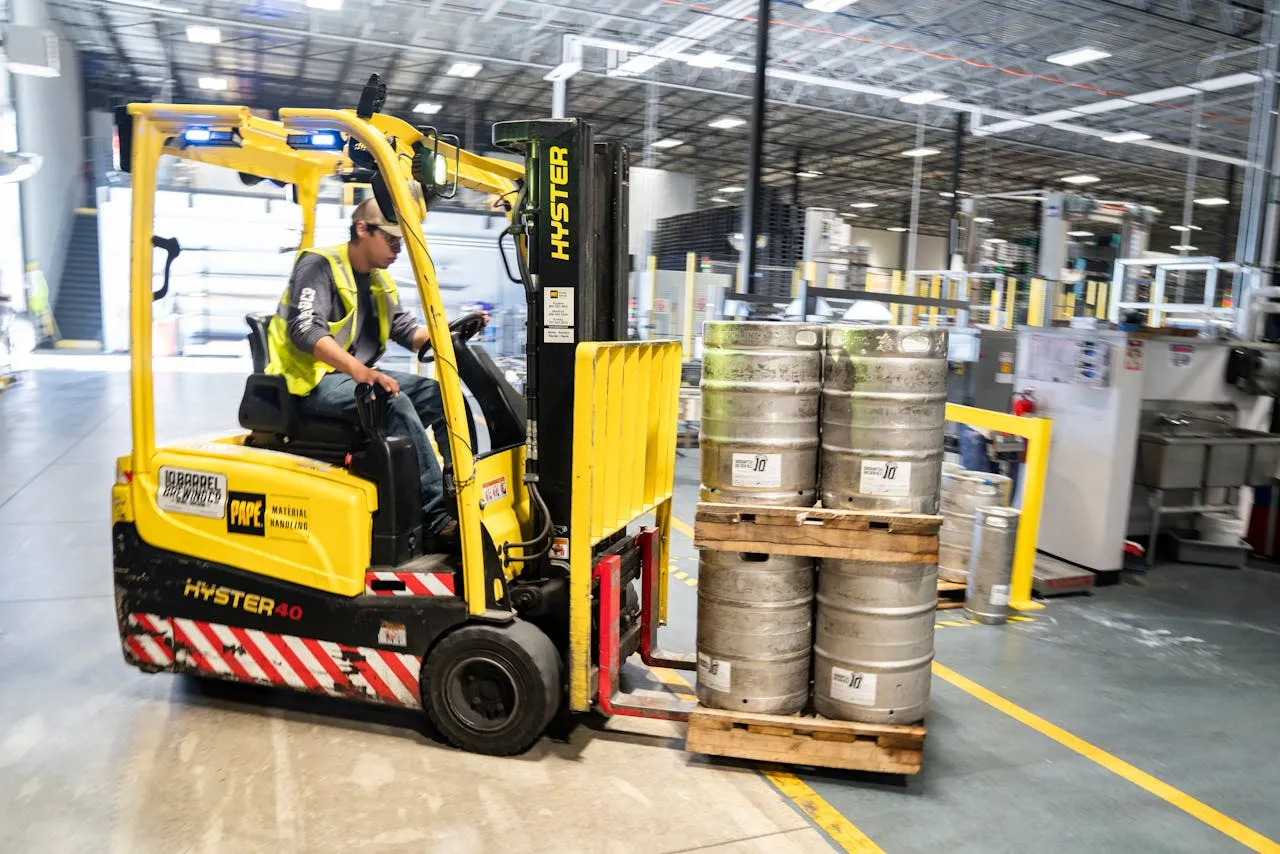
UPM Strengthens Supplier and Third-Party Code to Clarify Responsibility and Foster Dialogue
UPM has reaffirmed its commitment to ethical business conduct by updating its Supplier and Third-Party Code, a framework that sets out clear responsibility requirements for suppliers and partners across its global operations. The company emphasizes that it does not compromise on integrity under any circumstances, and expects the same level of commitment from every party in its value chain.
The revised Code consolidates these expectations in a transparent and accessible way, ensuring that long-term cooperation with UPM is built on a shared understanding of ethical and responsible business practices.
A Stronger Foundation for Responsible Supply Chains
UPM’s supply chain is central to its overall responsibility strategy. By bringing together standards in one updated document, the company aims to strengthen cooperation and transparency with all stakeholders.
“The Code is an important part of our responsible supply chain management. With it, we want to share our expectations clearly and openly. It defines the minimum level of responsible business on which we can build cooperation with our partners,” explains Kaisa Vainikka, UPM’s Social Responsibility Director.
UPM has made it a practice to review and update the Supplier and Third-Party Code regularly. This ensures that the company can keep pace with new requirements in the market and align with the evolving regulatory landscape. The most recent revision was influenced heavily by the growing importance of EU-level responsibility regulation and the rapidly changing global business environment.
Aligning with Regulation and Stakeholder Expectations
The latest updates were designed to make responsibility principles as clear and practical as possible while keeping them consistent with EU legislation and stakeholder expectations. According to Vainikka, the purpose was to give suppliers practical guidance on how to prepare for regulatory shifts and understand what responsible conduct looks like in everyday operations—whether that means conducting risk assessments, improving social responsibility, or advancing human rights across their businesses.
Clarifications and Practical Support
As part of the process, both the Supplier and Third-Party Code and the accompanying practical guide underwent a comprehensive review. Together, they set the baseline requirements that suppliers and other third parties must agree to before engaging in business with UPM.
The practical guide plays a vital role by helping companies translate these requirements into real-world actions. It offers concrete examples, best practices, and tools that make implementation more accessible. This is particularly important for small and medium-sized companies that may lack the resources or expertise to navigate complex sustainability and compliance standards on their own.
“Responsible business practices must not be a privilege for the few; they must be possible for all actors in a value chain. The guide is one way to support especially smaller companies in this development. Once the requirements are understood, it becomes easier to extend them further down the supply chain,” Vainikka notes.
The latest revision also clarified language, simplified the text, and expanded accessibility. Both the Code and the guide are now available in six languages, with an easily accessible online version to encourage wider adoption. Special focus was given to the areas of social and environmental responsibility, reflecting UPM’s goal to lead by example in sustainability.
Embedding Responsibility Through Dialogue
UPM sees responsible supply chains not as static rules but as an evolving partnership. Its sourcing professionals play a central role in embedding the updated Code into daily interactions with suppliers. Requirements are discussed during tenders, contract negotiations, and throughout ongoing collaboration, ensuring they remain a living part of business relationships.
In addition to written guidelines, UPM invests in training to ensure deeper understanding. In August, the company is launching an internal training program for employees who work with suppliers, ensuring consistency in how expectations are communicated. Plans are also underway for training programs aimed directly at suppliers, with a focus on helping smaller businesses better grasp the requirements and integrate them effectively.
“Like the practical guide, training can help especially smaller companies in our supply chain to understand what the different requirements mean in practice,” explains Kimmo Ståhlberg, UPM’s Supplier Quality and Sustainability Director.
Building Responsibility Together
At the heart of UPM’s approach is the belief that responsible operations cannot be built in isolation—they require collaboration and open conversation. The company emphasizes the importance of continuous dialogue, where suppliers and partners feel encouraged to share challenges and explore solutions together.
“We want to maintain an ongoing discussion about what responsible and ethical operations mean in practice. We don’t have ready-made answers for everything, and the intention is not to dictate, but to develop together,” Ståhlberg says.
By strengthening its Supplier and Third-Party Code, UPM signals both a firm stance on integrity and a willingness to work hand in hand with partners to achieve sustainable growth. The updated framework is more than a set of requirements—it is an invitation to build trust, share responsibility, and shape a future where ethical business is the common standard across the entire value chain.




